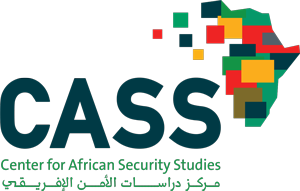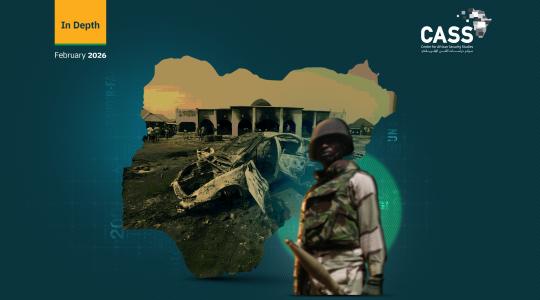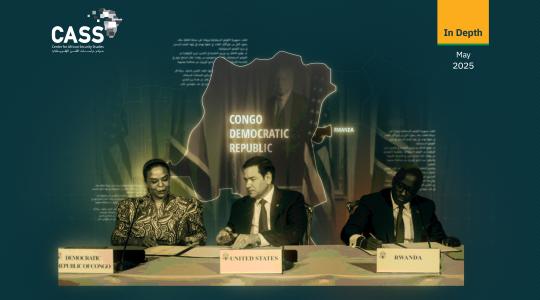Between December and mid-January, the Islamic State’s West Africa Province (ISWAP) waged a campaign of attacks in Nigeria’s Benue, Taraba, and Plateau states, killing dozens of residents of Christian villages and towns, and displacing more than 30,000 people.
The jihadist group, despite having had little presence in these regions previously, suddenly stepped up its attacks against villages with little protection from security forces. These areas had not witnessed similar attacks in the past, despite signs of a general deterioration in security such as an uptick in cattle rustling and the rise of organized crime gangs specialized in kidnapping high school students, particularly girls, for ransom.
The attacks mainly took place in three areas of Plateau State, east of Abuja: the towns of Bokkos, Barakin Indi, and Pushit.
They were openly sectarian. The militants burned eight churches and killed about 180 civilians, including eight members of the Christian clergy. These attacks, alongside other IS attacks in Nasarawa State east of Abuja, were the first to target these states with large Christian minorities.
IS had clearly wanted to stir up sectarian violence in these states and increase pressure on the security services and the Nigerian economy, by forcibly displacing thousands of people to other states. Some 23,000 people were internally displaced from Plateau State alone, along with a further seven thousand from the attacks in Taraba and Benue states.
The violence triggered a wave of criticism from the opposition, particularly from Christians, against Nigerian President Bola Ahmed Tinubu, calling on him to sack army and national security chiefs for “neglecting security in Christian-majority states.” Several church leaders also criticized the president for being slow to condemn the attacks or to offer support to the wounded and condolences to victims’ families.
Factors Behind the Attacks
Nigerian officials confirmed that the attackers were mostly Fulani pastoralists, which suggests that two main factors drove the violence. The first is the rise of tensions between the mainly Muslim Fulani and the Christian Igbo and Yoruba tribes. These groups have been in constant competition for pasture for years, creating tensions that often degenerate into inter-communal clashes. The IS attacks appear to have been aimed at re-igniting these local clashes and escalating the violence in both directions, as happened in Jos, the capital of Plateau State, in 2001 and 2008. That second round of clashes, mainly pitting Christians against Muslims, was a key driver behind the emergence of the Boko Haram movement in Borno State from 2008.
The second factor was that IS has been recruiting Nigerian Salafists to fight against Christian communities in Nigeria more generally, seeking to spark more violence across the country.
More similar operations in Christian states could provoke local Christians to form their own armed militias, similar to Borno State’s National Defense units, whose creation as backed by the army. This could even raise the possibility of a civil war, especially if these militias lack discipline or cooperate with bandits. These factors could all combine to spark a deeper breakdown in security and potentially plunge Nigeria into a worse spiral of ongoing violence.




